The facility will use a “novel clean technology” based on a class of chemistry known as ‘deep eutectic solvents’ to recycle metals from WEEE.
It will have the capacity to recycle 5,000 tonnes of printed circuit boards and other ‘high value’ WEEE per year.
Construction is set to begin by 2024 and the facility should be operational within 12 months of when the build starts.
Peter Moody, Gateshead-based waste management company GAP’s managing director, said: “We are constantly on the lookout for new ways to innovate our processes and will continue to invest in the future to protect the environment whilst at the same time maintain our commercial advantage.
“I’m delighted that we can lead the way with Descycle disrupting the market, especially as the critical metals in e-waste circuit boards are notoriously difficult to recycle, requiring large, dirty smelting facilities with a billion-dollar price tag.
“The prospect of being able to do this affordably onsite in the UK using a potentially zero carbon process is tremendously exciting and will be a globally significant disruption for the recycling industry.”
Commercial expertise
GAP says it will contribute its commercial expertise and experience of the sector to the partnership, while together the two businesses hope to address the “historic difficulties” of traditional WEEE recycling.
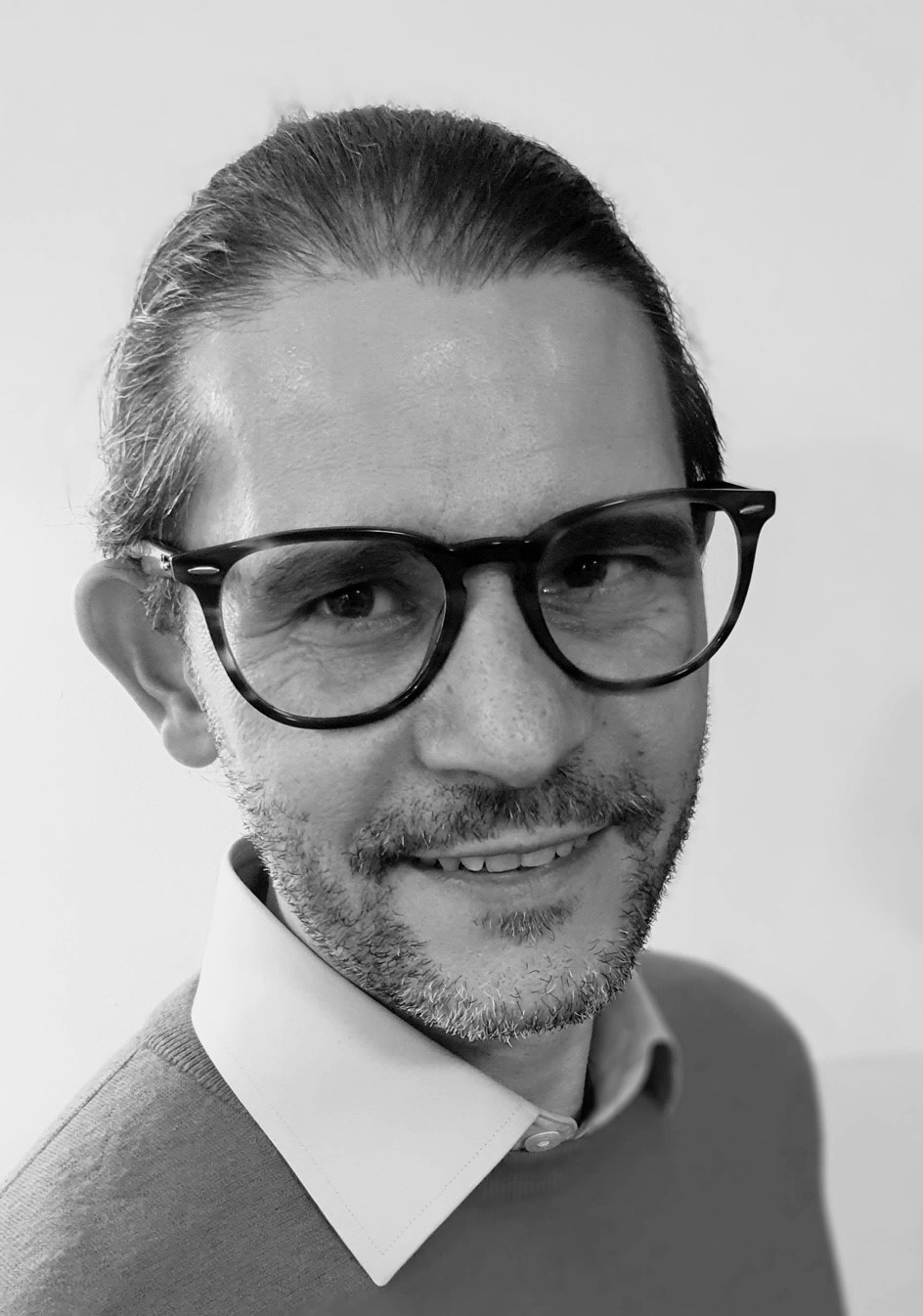
According to GAP, the traditional smelting process consumes a lot of energy and uses toxic chemicals that produce CO2.
London-based Descycle was founded in 2018 with the sole mission of commercialising deep eutectic solvents, a class of chemistry developed by the University of Leicester.
Dr Leo Howden, Descycle’s managing director, said: “We are really excited at the prospect of what can be achieved with our partnership with GAP.
“They have demonstrated that they really have the vision and the track record to provide an excellent platform to support Descycle in delivering this pioneering technology.
“Changing the whole dynamic of the e-waste market is a bold statement but one both GAP and Descycle can achieve with use of this revolutionary technology that has the potential to deliver the truly green solution governments have been calling for, creating a circular economy with clean technology.”
Deep eutectic solvents
According to GAP, metals react “differently” in deep eutectic solvents compared to water-based systems.
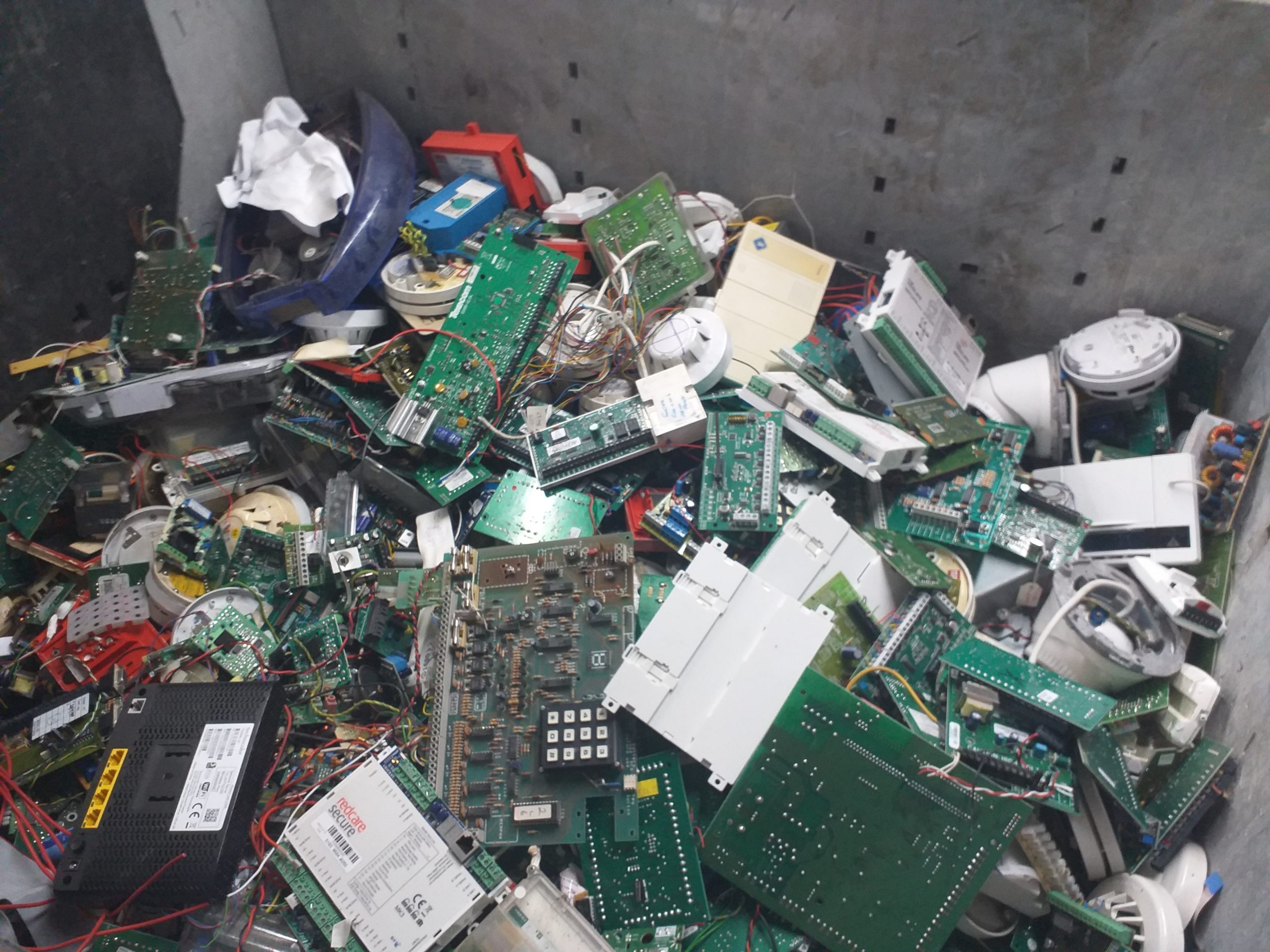
The recycling process sees the deep eutectic solvents dissolve the target metals into a solution without the need for toxic chemicals or high temperatures.
The solution is not consumed within the process and can itself be recycled and used again.
GAP says the process has a “very low” carbon footprint, and the company is targeting creating a zero-carbon process by using renewable energy sources.
GAP also says the technology can be set up at “a fraction of the cost” of existing smelting methods. This will allow the UK to recycle printed circuit boards and other high value WEEE domestically, the company says, an option that “does not currently exist” with most “energy-intensive and expensive” WEEE smelting operations based entirely outside Great Britain.
According to the Global E-waste Monitor 2020, the UK generated the second most WEEE per capita in the world in 2019, behind only Norway (see letsrecycle.com story).





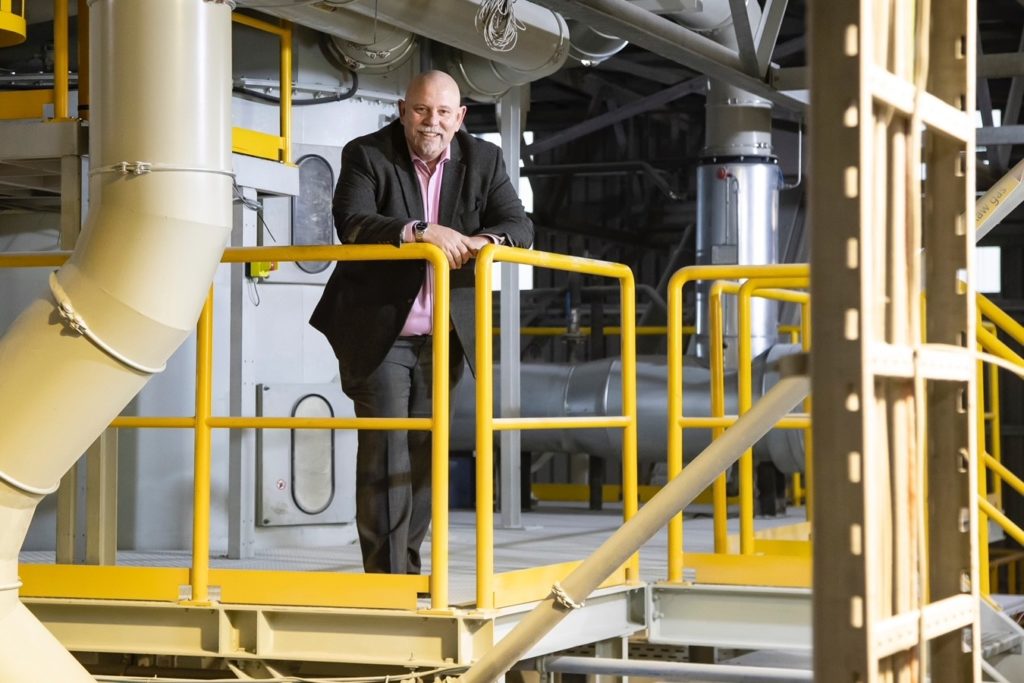

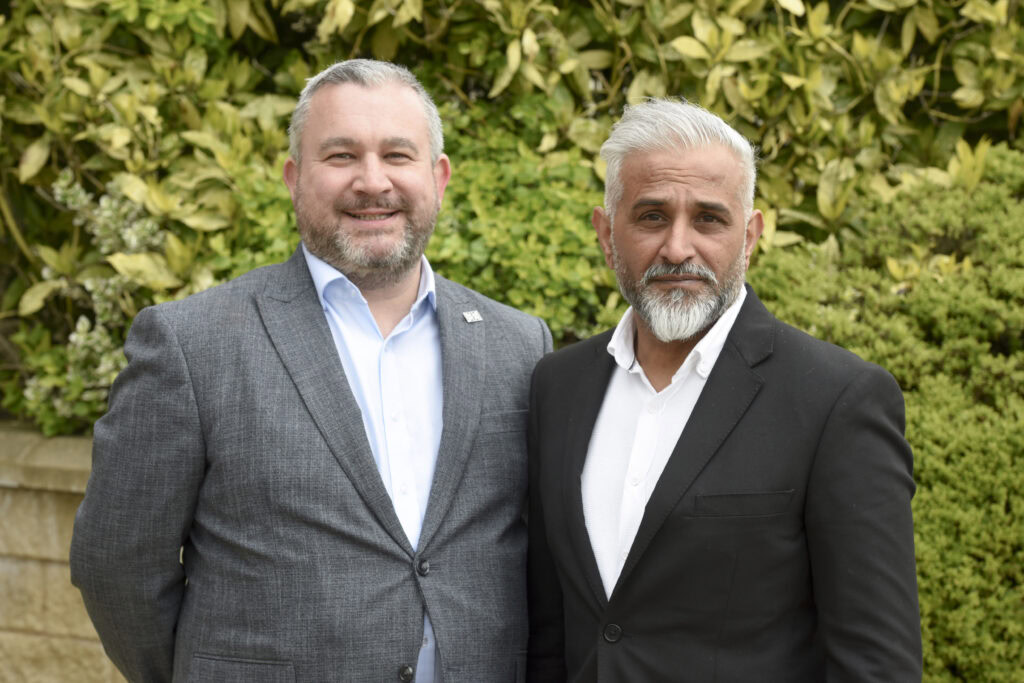
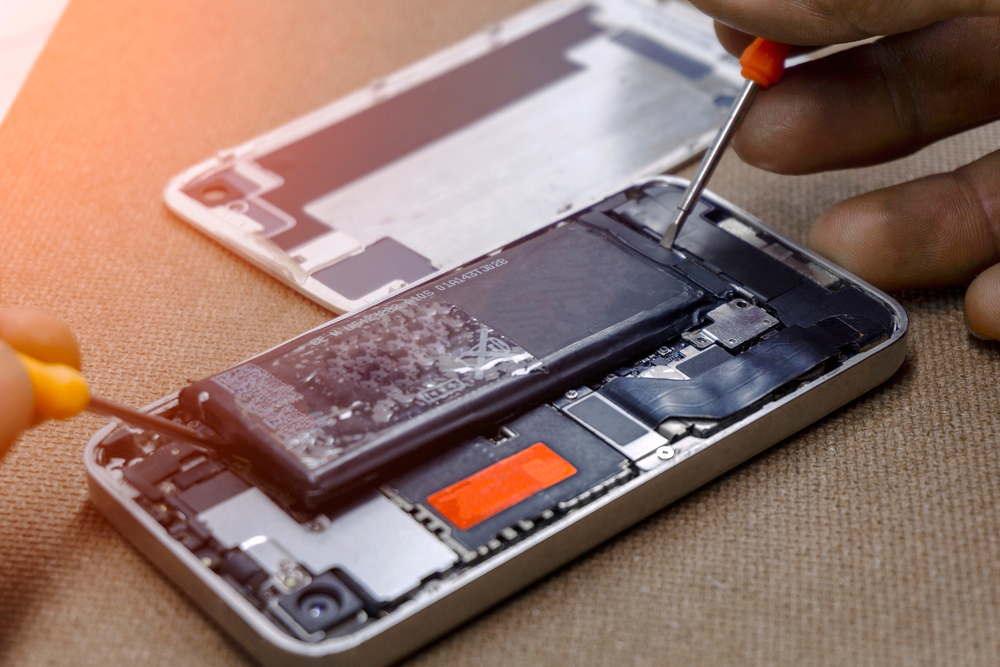
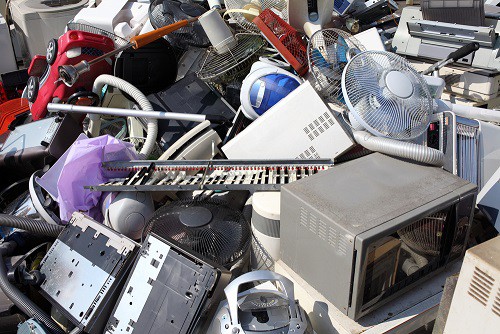


Subscribe for free